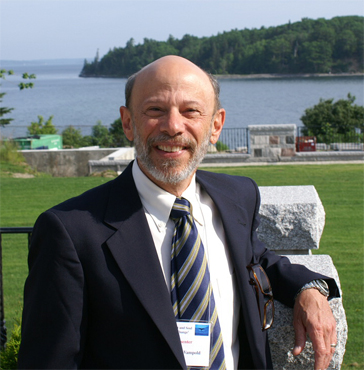In 1985, I was starting my second year as a doctoral student at the University of Utah. Like thousands of other graduate students, I’d watched the “Gloria” films. Carl Roger, Albert Ellis, Fritz Perls were all impressive if not confusing given their radically different styles. I also knew that I would soon have the opportunity to meet each one live and in person. Thanks to Jeffrey K. Zeig, Ph.D. and the dedicated staff at the Milton H. Erickson Foundation, nearly every well known therapist, guru, and psychotherapy cult-leader would gather for the first mega-conference ever held, the field’s Woodstock: The Evolution of Psychotherapy.
Having zero resources at my disposal, I wrote to Jeff asking if I could volunteer for the event in exchange for the price of admission. Soon after completing the multiple-page application, I received notice that I had been chosen to work at event. I was ecstatic. When December finally came around, I loaded up my old car with food and a sleeping bag and, together with a long time friend Paul Finch, drove from Salt Lake City to Phoenix. What can I say? It was alternately inspiring and confusing. I learned so very much and also felt challenged to make sense of the disparate theories and approaches.
At that time, I had no idea that some twenty years later, I’d receive a call from Jeff Zeig asking me to participate as one of the “State of the Art” faculty for the 2005 Evolution Conference. Actually, I can remember where I was when my cell phone rang: driving on highway 12 on southwest Michigan toward Indian Lake, where my family has a small cottage. In any event, I’m looking forward to attending and presenting at the 2009 conference. I encourage all of the readers of my blog to attend. Registration information can be found at the conference website: www.evolutionofpsychotherapy.com. The highlight of the event for me is a debate/discussion I’ll be having with my friend and colleague, Don Meichenbaum, Ph.D. on the subject of “evidence-based practice.”
One more thing. To get a feel for the event, I included a clip of a panel discussion from the first Evolution conference featuring Carl Rogers. Not trying to be hyperbolic, but listening to Rogers speak changed my life. I won’t bore you with the details but the night following his presentation, I had a dream…(more later)…



